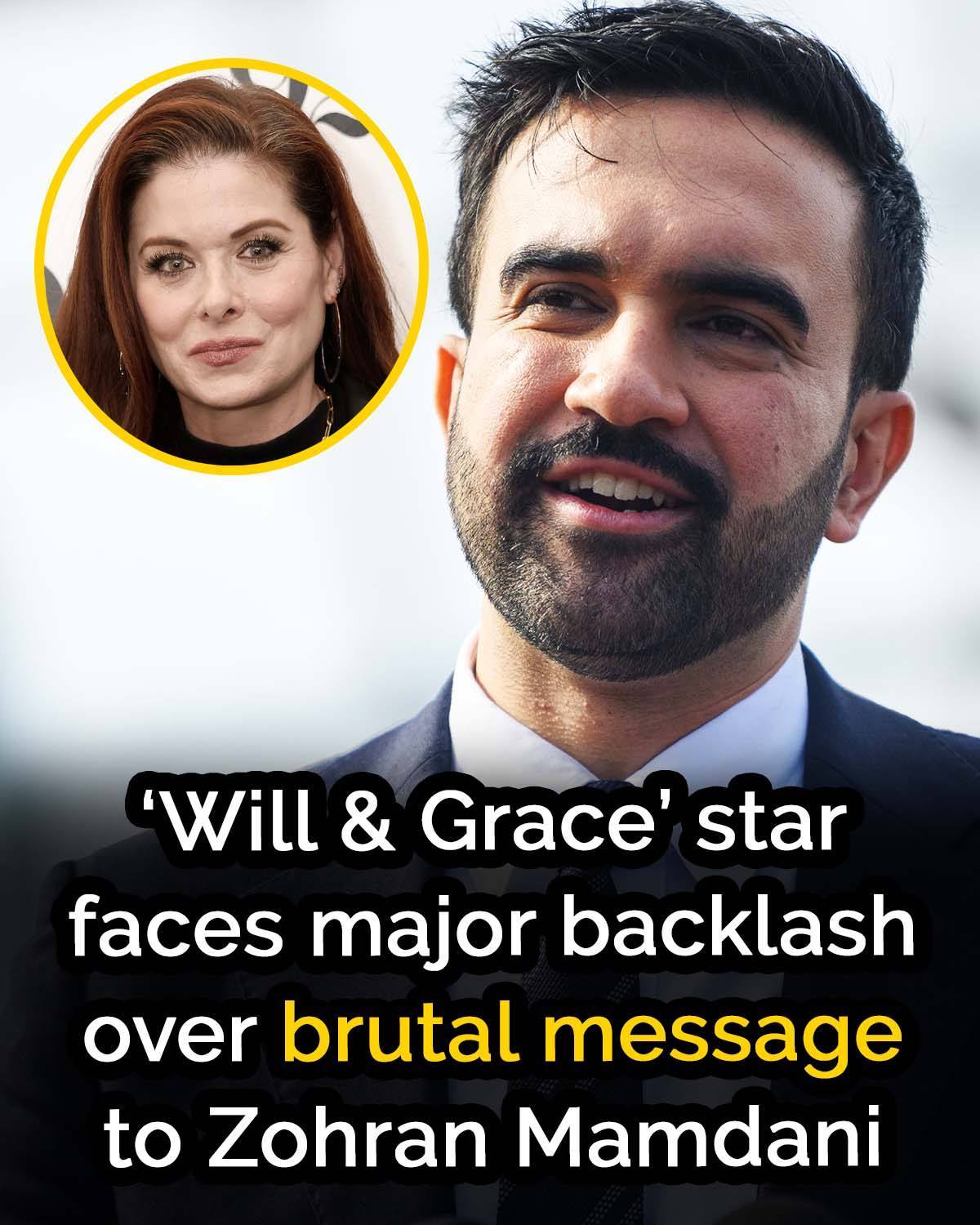Social media users accused Messing of promoting harmful rhetoric, while others defended her right to express political opinions. The debate highlighted an ongoing tension between free expression and responsible discourse online — especially when public figures weigh in on issues tied to race, religion, or ideology.
In his victory speech, Mamdani addressed the challenges of identity in public life without naming anyone directly. “I am young. I am proud of where I come from. And I believe leadership should reflect the diversity of our city,” he said to loud applause. His remarks struck a chord with many voters who saw his election as a reflection of New York’s evolving identity — one that values inclusion and representation.
For some, the 2025 mayoral race marked a generational turning point, symbolizing a new era in city politics. For others, it reignited old debates about political ideology and the limits of online speech.
While Messing’s comments didn’t affect the outcome of the election, they did spark an important conversation about how words — especially from public voices — can shape narratives, reinforce bias, or build understanding in an increasingly diverse democracy.
In the end, Mamdani’s message remained consistent: that leadership in New York should look like the people it serves — vibrant, diverse, and unafraid to challenge the past in pursuit of progress.

